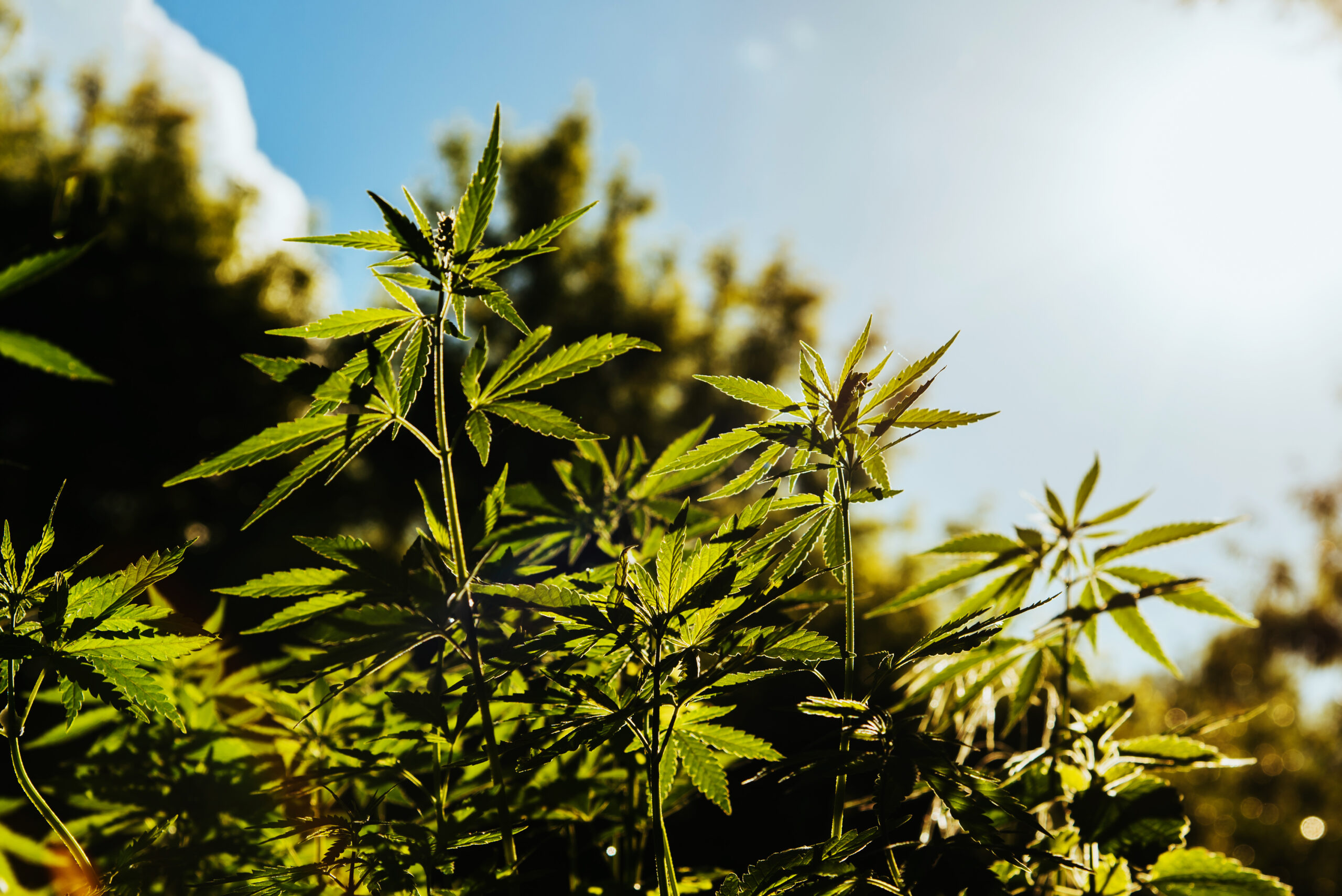Connect with us
Published
6 months agoon

Hemp is proving to be a useful, sustainable alternative for a number of specific applications. In using the crop for clothing, building materials, sanitary products and crop covers, hemp is proving to be one of the most versatile plants out there. Now, a Texas University has received a grant worth hundreds of thousands of dollars to explore another potential use for hemp.
The United States Department of Agriculture’s (USDA) National Institute of Food and Agriculture (NIFA) gave agricultural scientists at Prairie View A&M University (PVAMU) a grant worth $299,162 to study the use of hemp as animal feed.
Hemp has been around and used by humans just as grain has for centuries. However, Congress criminalized hemp as a controlled substance in 1970, which limited the hemp cultivation along with researchers’ ability to study the potential of the plant. This changed in 2018 with that year’s Farm Bill, which effectively reclassified hemp, allowing for the growth and production of industrial hemp.
The 2018 Farm Bill effectively jumpstarted the West’s modern-day hemp industry, and today we’re beginning to see a slew of new, revolutionary uses for the plant.
Research scientists from the university’s Department of Agriculture, Nutrition and Human Ecology will conduct the three-year study, focusing on the nutritional profile of industrial hemp plant biomass byproducts. They will also look at their impact on goats to determine if hemp biomass can serve as a viable alternative feed to reduce the use of grain in animal feed.
Grain in animal feed is another sustainability issue, as it consumes about 36% of the world’s grain supply. Some experts believe that the resource is being spread too thin, putting a strain on global supply chains and the increasing demand for animal-sourced food, according to a PVAMU news release.
“Climate change and calls for sustainability further complicate the landscape, suggesting that it’s time for today’s agronomists to start cultivating alternative sources for some of society’s agricultural staples and feed for their animals,” the release reads.
Dr. Negusse Kidane, Ph.D., assistant professor and Department of research scientist in the Department of Agriculture, Nutrition and Human Ecology, will lead the research. According to Dr. Kidane, the study, titled “Evaluating the Nutritional Profile of Industrial Hemp Farm-Byproducts and Extraction Residues as Alternative Feed Resources for Goats,” will involve six multi-disciplinary scientists from PVAMU’s academic and research programs, adding that the effort “demonstrates the team’s commitment to partnership and efficient use of resources.”
“The project also fosters academic and industrial collaboration, such as with goat producers, hemp farmers, and hemp processing industries across Texas. Given the breadth and scope of the study, a collaborative approach is indispensable for the success of this proposed project, requiring synergistic efforts from scientists in multiple disciplines,” Dr. Kidane said.
The project could have positive implications and wide-reaching effects when it comes to the environment and certain economic sectors, while further laying down foundational knowledge surrounding the hemp plant and its biomass to help with future research.
PVAMU Vice President of Research and Innovation Dr. Magesh Rajan also highlighted the importance of the grant, saying that it represents a “significant milestone” in the broader pursuit of innovative solutions for sustainable agriculture.
“By exploring the potential of hemp as an alternative to traditional grain in animal feed, our researcher will spearhead groundbreaking research that not only addresses pressing environmental challenges but also contributes to the advancement of animal nutrition,” Dr. Rajan said.
The funds were awarded through the USDA’s Capacity Building Grants program, supporting agricultural research at 1980 Land-Grant Institutions addressing key problems of national, regional and multi-national importance while advancing fundamental sciences and productions research to further facilitate agriculture development.
Dr. Kidane’s proposal met all six goals in the USDA’s five-year strategic plan, while aligning with the College of Agricultural and Human Science’s goal of conducting research to directly support community and farm needs.


Study Reveals State Cannabis Legalization Lowers Immigrant Deportation


DEA Challenges Bid To Use Psilocybin Under ‘Right To Try’ Legislation


Vegans Rejoice as Farmers Switch from Chickens to Hemp


Louisiana Legislative Committee Unanimously Passes Adult-Use Cannabis Framework Bill


Louisiana House Bill to Regulate Hemp Products Advances Along With Senate Bill to Ban


Cresco Labs Workers Reportedly De-Unionize
